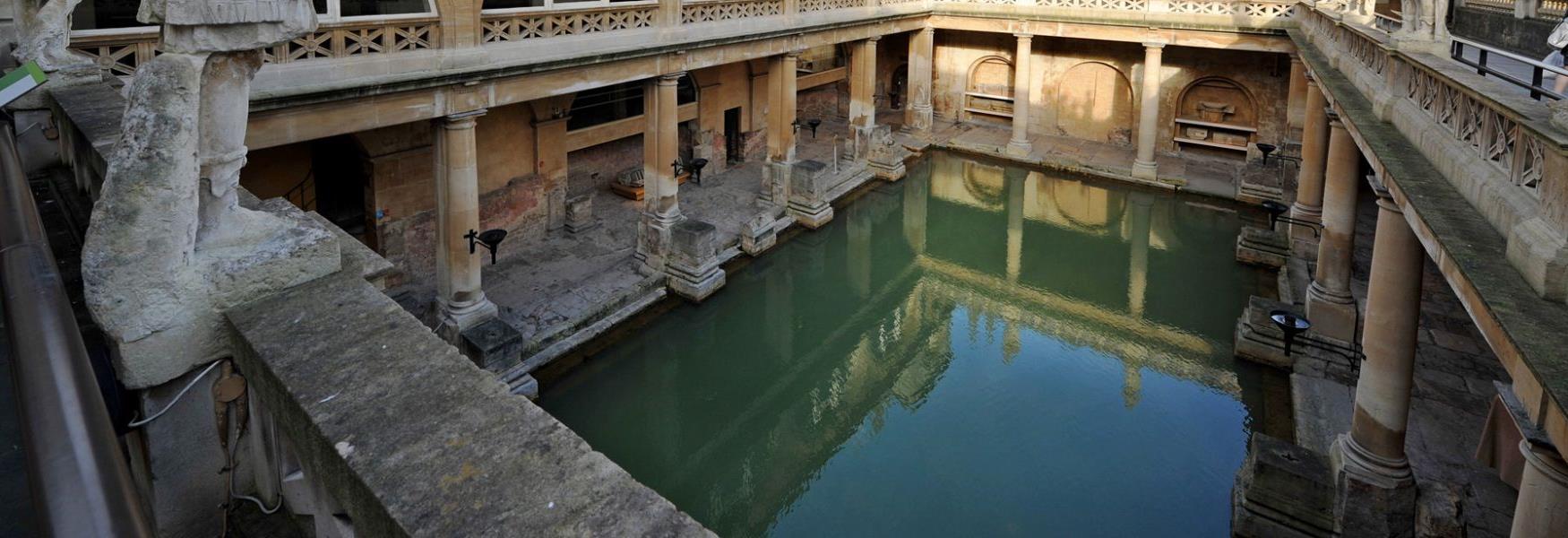As one of 44 countries that formed the Roman Empire, there was a need for a overhaul of the leadership system in Britain for the Romans to succeed. Britannia was governed for the Emperor in Rome by a legate who would have also commanded the army. This person was treated as a judge, accountant and general leader. Despite this, many towns and villages were allowed to mainly govern themselves much as devolved nations do today.
Local government
Local government during Roman times was largely run by aristocrats who were loyal to the Romans. Each was governed by a curia – basically, a town council, which was formed by elected magistrates. They were responsible for any disputes, tax collection and looking after the day to day running of the area. As long as they were loyal, they were allowed to get on with it. It was these governments becoming corrupt that led to various revolts, including the Boudiccan revolt of AD60.
At this time, there were 22 major towns in Britain, with 17 of them known as civitas capitals based on the original tribal areas. Four were also known as coloniae, which were the original citizen settlements for the legions, which included Colchester, Gloucester, Lincoln and York.
